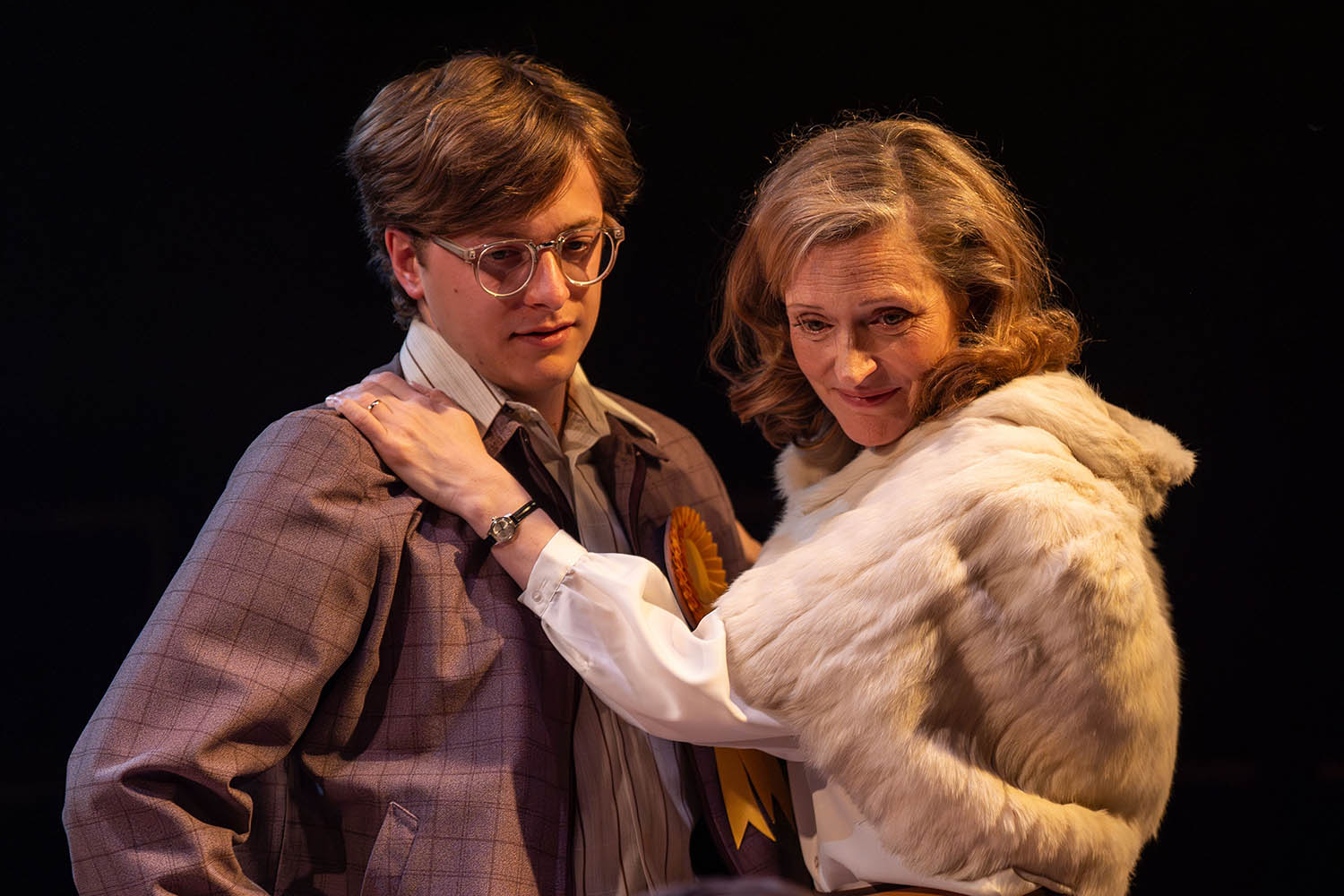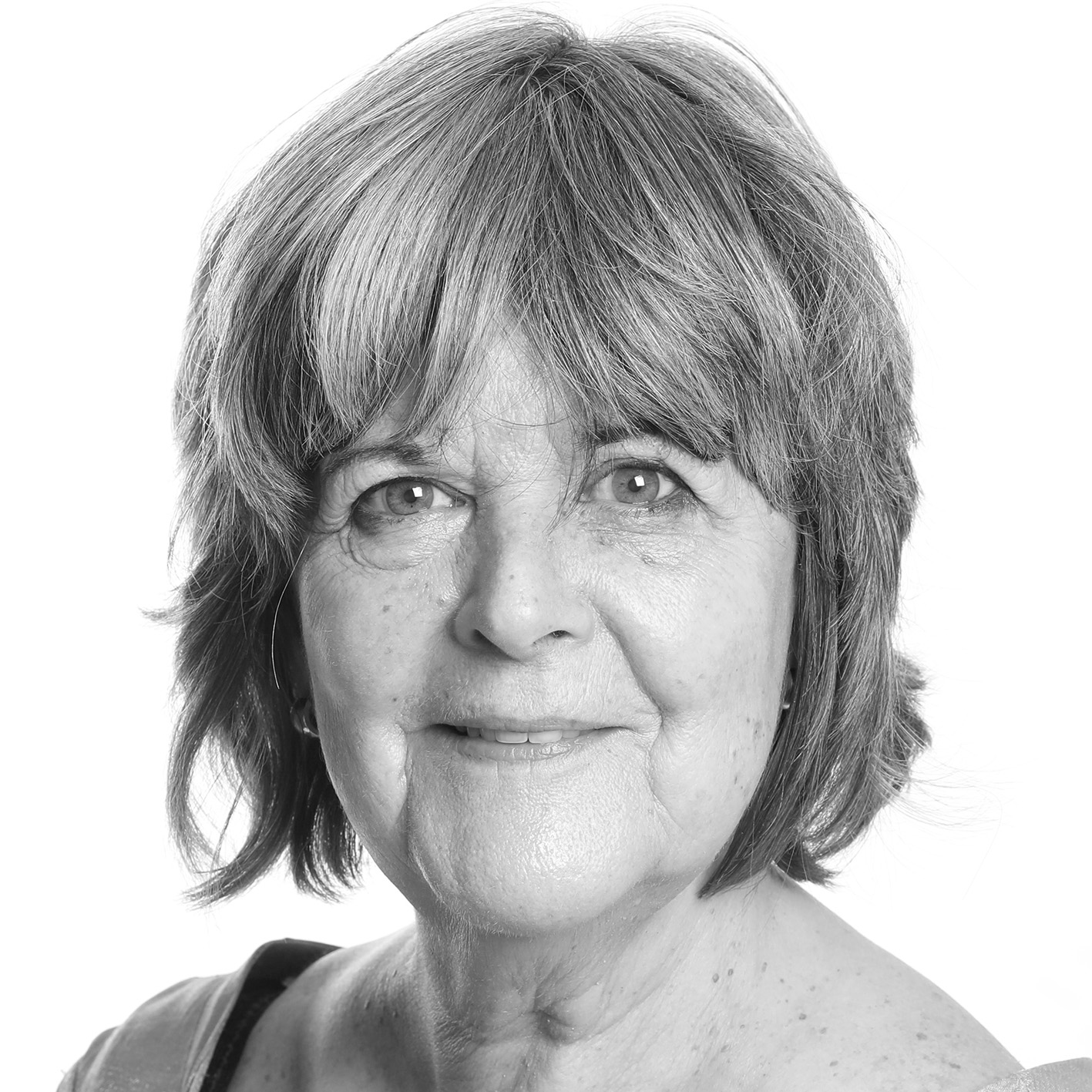The campaign to rename a West End theatre is gathering strength. The Terence Rattigan Society has the support of, among others, Judi Dench and David Suchet in calling for the Duchess to become the Rattigan – a change that sounds like a coming out.
This would cement the reinstatement of the closeted playwright, whose layered portrayals of secrecy, pain and passion were eclipsed when Look Back in Anger roared on to the stage in 1956. John Osborne’s play usefully dynorodded theatrical pipes clogged with gentility, the very incoherence of the rage seeming to guarantee authenticity.
Yet nearly 70 years on, Osborne’s drama looks monolingual, Rattigan’s sympathies more diffused, varied, subtle – and needed. Indhu Rubasingham has announced Man and Boy for her first National season. Amelia Sears’s staging of In Praise of Love follows Lindsay Posner’s revival of The Deep Blue Sea, reviewed by Dorian Lynskey. The last two plays both premiered at the – for now – Duchess.
Originally part of a 1973 double bill – the other half, a burlesque of Tosca, was widely deemed dreadful – In Praise of Love is a fascinating study of loving deception, partly inspired by Rex Harrison and his wife Kay Kendall (glorious playing the trumpet, blotto in an evening gown, in the 1953 film Genevieve).
Kendall died at the age of 32 from leukaemia: Harrison kept the diagnosis from her, encouraging her, by his apparent negligence, to believe that she was merely anaemic.
Rattigan doubles the deception – the wife, played by Claire Price, also knows the truth but thinks her husband doesn’t – and adds a background of wartime suffering and political debate: the husband is a declamatory Marxist and literary critic who specialises in boorish disdain; the couple’s son (Joe Edgar) is, to his father’s disgust, a Liberal party candidate; the dying woman, a concentration camp survivor, is Estonian. All three, and the friend who knows the secrets of both husband and wife, are created with empathy.
The crammed plot has clumsy moments – medical reports are unconvincingly hidden in a topper – but the psychological intricacy and its affectionate lies deserve more delicacy than they are given in Sears’s production.
In the small, exposing, in-the-round space, Peter Butler’s design is ingeniously period-dense – tiny telly, fussy tables, lady’s slacks in that mercifully forgotten colour, fawn – but the general deliberateness of gesture and speech is at odds with Rattigan’s secrecy and subterfuge.
The husband is the pivot: obliged to be brutish so as not to arouse his wife’s suspicions of anxiety about her health, he still needs to suggest why she might be in thrall to him. On Broadway, Harrison, playing the part he inspired, refused – to Rattigan’s annoyance – to be anything other than his beguiling self.
Dominic Rowan underdoes the charm, emphasises the apparently lethal misogyny: “My special reading light won’t go on,” he bleats to his wife, not having plugged it in. Rattigan’s lines need no more than a touch: Rowan booms. The evening is intriguing but overcooked. Too much boiling, not enough simmering.
Newsletters
Choose the newsletters you want to receive
View more
For information about how The Observer protects your data, read our Privacy Policy
Anoushka Lucas’s marvellous one-person show, directed by Jess Edwards and first seen at the Bush three years ago, is also fuelled by anger and subtle concealments. Elephant tells and sings – with silky jazz-pop piano – the story of a musical girl brought up to be good, to vanish into what is around her, while also performing.
As a child, Lucas – who soared in the revelatory Oklahoma! three years ago – watches her piano swung through the window of her council house “like a pirate ship”. She wins a scholarship to the London Lycée, where the only woman who looks like her – the playwright’s father is Anglo-Indian, her mother French Cameroonian – is Dawn, the dinner lady. Lucas likes the mean goat curry made by her uncle Errol but is counter-commanded by her French-speaking mother: “You like quiche!” She reads modern languages at Oxford. She doesn’t argue when a boyfriend calls her his “brown princess”.
Lucas cradles her audience with humour and clever evocation of teenage awkwardness. Then turns. Perched at the piano to perform for a beaming white family who once farmed in Kenya, her story of mahogany and ivory becomes a devastating analysis of colonial exploitation – and of not being recognised.
She describes how one elephant tusk makes 25 keyboards: has anyone before thought of these as separated siblings? She details how hunters rip open the elephant’s face to get the tusk out.
She takes off the back of her piano to expose the working parts under the smooth surface. She wrenches audiences into looking inside themselves. Lucas is one of the new faces of the stage. I hope I am around when a theatre is named the Anoushka.
In Praise of Love is at the Orange Tree, Richmond TW9, until 5 July
Elephant is at the Menier Chocolate Factory, London SE1, until 29 June
Photograph by Ellie Kurttz

